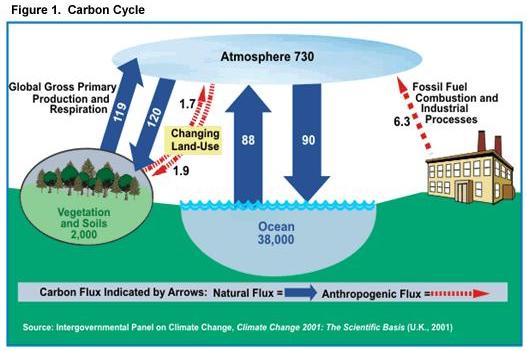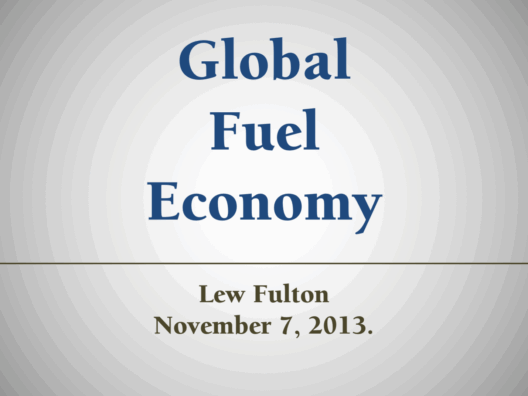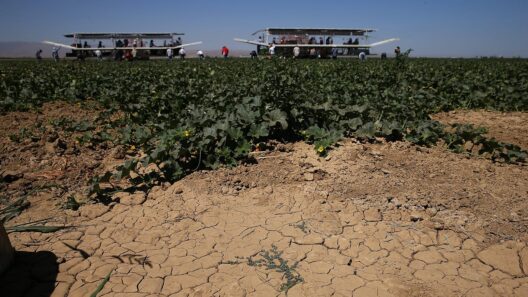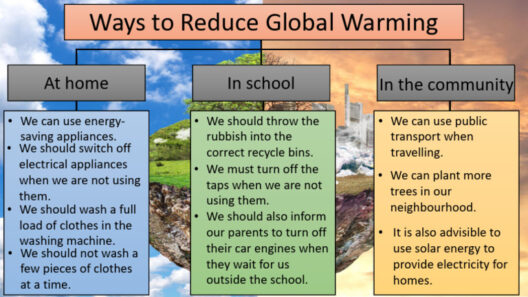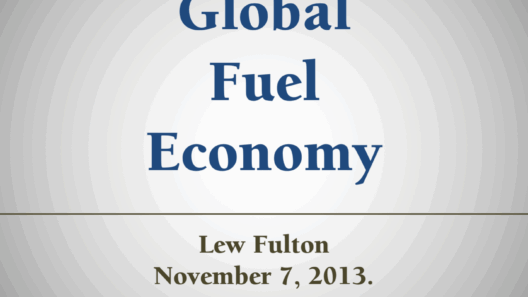Coal gas, a product of burning fossil fuels, serves as a harbinger of climate change. Its utilization illustrates the paradox of progress; it promises energy and development while simultaneously accelerating the demise of our planet’s climate stability. This relationship uncovers the intricate web connecting energy production and environmental degradation, revealing how the combustion of coal gas contributes unrelentingly to global warming.
To grasp the implications of coal gas on climate, one can visualize the earth as a finely tuned violin. Every note represents a delicate balance within our ecosystem. The burning of fossil fuels, particularly coal gas, is akin to a cacophonous chord, plucked in ignorance, disrupting the harmony that sustains life. As fossil fuels are incinerated, a stream of carbon dioxide (CO2) and other greenhouse gases is released, blanketing the earth’s atmosphere in a thermal embrace that suffocates progress in the fight against climate change.
The genesis of coal gas lies in the ancient remnants of life itself—plant matter compressed and transformed over millennia into fossil fuels deep within the earth’s crust. This primordial energy source has been a cornerstone of industrialization, fueling factories, heating homes, and powering transportation systems. However, this dependency has morphed into a duality of reliance and peril, where the gains of energy production come at an exorbitant cost. The positive utility of coal gas is overshadowed by its long-term environmental consequences.
In our present narrative, coal gas exhibits a fascinating yet devastating characteristic: it engages in a relentless tug-of-war with our atmosphere. Every gram of CO2 emitted through coal gas combustion contributes to the greenhouse effect—a phenomenon that transforms our planet into something resembling a greenhouse. The very structure of the atmosphere, when burdened with excessive greenhouse gases, becomes almost akin to a thick blanket, trapping heat and causing global temperatures to spiral upwards. This is not merely a metaphorical observation; it is a tangible reality that manifests as extreme weather events, rising sea levels, and dramatic shifts in biodiversity.
As the atmospheric temperatures rise, so too do the challenges of ecological preservation. The impact of these disruptions can be likened to a domino effect. The melting of polar ice caps sends ripples through oceanic systems, altering currents and threatening marine life. Deforestation, exacerbated by climate change, further destabilizes environments, leading to a vicious cycle of destruction. Species that once thrived in specific habitats find themselves struggling to adapt, teetering on the precipice of extinction.
The economic implications of pursuing coal gas, despite its environmental toll, are equally profound. The short-sighted quest for fossil fuel dependency does not merely jeopardize the ecology but also poses significant risks to global economies. As adverse climate conditions strain agricultural output, food security becomes a precarious notion. The loss of arable land to desertification, floods, and hurricanes becomes a salient reality, demanding urgent attention and innovative solutions.
Moreover, the human toll of relying on coal gas extends beyond geographical boundaries. Vulnerable populations, particularly in developing nations, bear the brunt of climate change’s wrath. As natural disasters increase in frequency and intensity, the very fabric of communities unravels, leading to displacement and humanitarian crises. Coal gas, once viewed through the lens of progress, emerges as a tool of inequality and injustice. The fight against climate change must focus on empowering communities disproportionately affected by the adverse effects of fossil fuel dependence.
Transitioning away from coal gas requires a paradigm shift toward sustainable energy sources. The sun and wind, inexhaustible and clean, present themselves as promising alternatives, beckoning for investment and innovation. The allure of renewable energy lies in its potential to restore ecological balance while providing the energy the global economy demands. By pivoting to sustainable practices, society can reclaim the resonance of that once-harmonic violin and set it back in tune.
Education emerges as a powerful lever in fostering such a transition. By cultivating a well-informed citizenry, societies can challenge entrenched interests that perpetuate the fossil fuel nexus. Knowledge equips individuals with the ability to advocate for policy changes that prioritize clean energy. It encourages a shift in consumer behavior towards more sustainable practices, fostering community initiatives that underscore the importance of ecological stewardship.
The specter of climate change looms large, but the future remains malleable. Unity in action is essential, where individuals, communities, governments, and businesses align their aspirations with sustainable practices. The narrative of coal gas and global warming serves not only as a cautionary tale but also as a clarion call for transformative action. By embracing renewable energy and cultivating a culture of stewardship for our planet, humanity can transcend the perils of coal gas consumption and emerge as custodians of a vibrant Earth.
In this new narrative, inspiration lies in the realization that resilience against climate change is attainable. The complexities surrounding coal gas and global warming might paint a grim picture, yet they also illuminate the pathways to a sustainable future. Each step taken toward reducing fossil fuel reliance and promoting renewable energy brings us closer to restoring the harmony that sustains life on this planet, ultimately composing a more vibrant symphony for generations to come.



